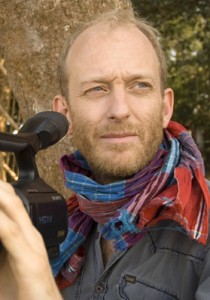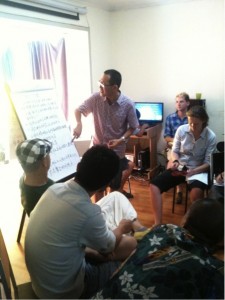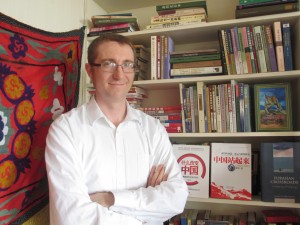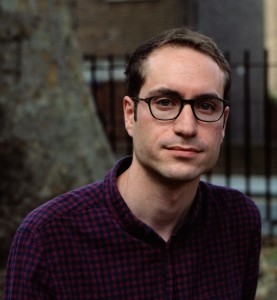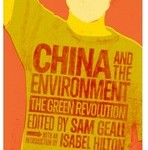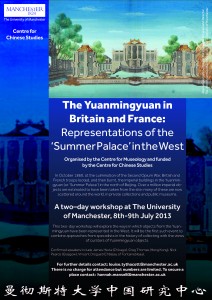BICC’s former Manchester Co-Director Professor Dagmar Schaeffer, reports on her BICC-sponsored interaction with ‘World Factory’, a piece of theatre now brought to the stage at the The Young Vic Theatre in London. On stage from 8-30 May 2015 World Factory explores how the textile trade weaves together the worlds of Manchester and Shenzhen, China and the UK. ‘A bold offering’ says Culture Whisper: ‘Part theatre, part documentary, part adventure game, World Factory is as varied as the garments these factories produce“.
World Factory deals with the shift in textile and clothing manufacture from Europe to Asia which began in the post-war period with under investment in domestic industry and then the apparently limitless growth of cheap-labour driven factories in China, who export their goods to back us where retailers such as Primark fuel a race to the bottom in the High Street price wars.
Over the last two years the project has been on a winding journey, through rigorous research and engagement with historians in Manchester within the BICC team, including Professor Schaeffer, and then across the UK, China and beyond. These voyages across the globe have involved public discussion events taking in countless perspectives, from those of consumers to the factory workers themselves. The show has already drawn significant audiences in Ipswich, Suffolk, East Anglia and Manchester and is now on stage in London’s Young Vic.
In an interview with the Financial Times David Lan, the Young Vic’s Artistic Director considers World Factory an interactive ‘moral game’ – ‘a way of thinking about this curious thing people talk about called globalisation’.

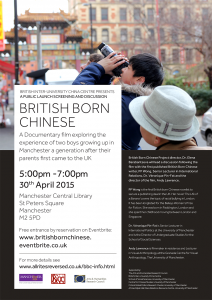
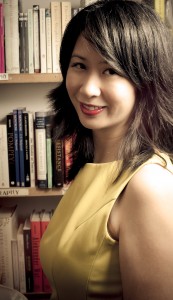 PP Wong is the first British born Chinese novelist to secure a publishing deal in the UK. Her novel
PP Wong is the first British born Chinese novelist to secure a publishing deal in the UK. Her novel 
